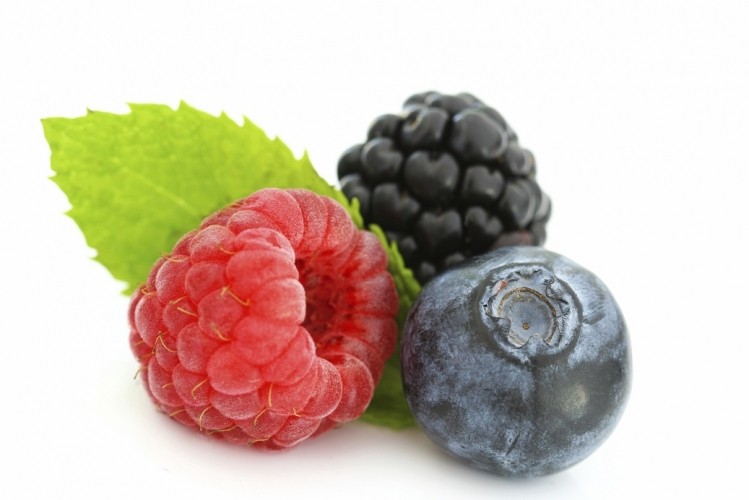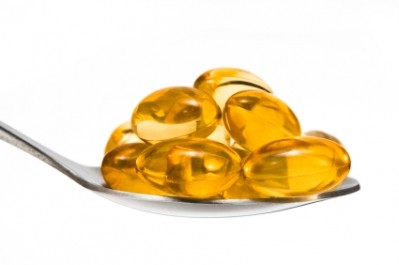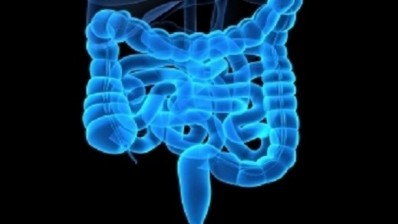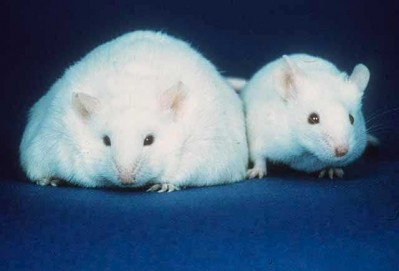Do cranberry’s urinary tract benefits start in the gut?
The potential gut health benefits of berries offer fruitful research area

While some polyphenols from berries undergo extensive metabolism in the gut, compounds such as proanthocyanidins are not metabolized and the bioavailability of these compounds is low.
“The low bioavailability of these compounds does not preclude them from having health benefits that are related to their effects in the lumen of the gut and on the gut mucosa,” Dr Jess Reed from the University of Wisconsin told attendees in Charlotte yesterday.
“Recent research in our laboratory suggests that proanthocyanidins exert significant effects on the gut mucosal immune system and the interaction between the gut microbiota and mucosal immunity.”
Dr Reed noted that there are more neurons in the gut than in the spinal cord. The gut also has a huge role to play in immunity since the gut associated lymphoid tissue (GALT) is the body’s largest immune system. At least 50% of immunity originates in the gut, he said.
The benefits of gut health
An increasing amount of research is exploring the role of the gut micorbiota for human health. In terms of cell numbers, humans are 10% human and 90% bacteria. According to the most recent results from the Human Microbiome Project, there are more than 10,000 microbial species occupying the human ecosystem, and microbes contribute more genes responsible for human survival than humans' own genes.
A landmark study published in 2006 by Jeff Gordon and his team at Washington University in St. Louis reported obese and lean people have different microbial populations in the gut, and that when the obese people lost weight their microflora reverted back to that observed in a lean person.
Recently, scientists at Danone and UCLA reported the first ever human data showing that a fermented milk product with probiotics can alter brain activity. It affected their mood.
There is already a significant body of science supporting the potential immune modulating effects of pre- and probiotics. Indeed, the prestigious Cochrane Collaboration recently published an analysis of 23 clinical trials, which revealed that probiotics taken in conjunction with antibiotics reduced the number of people who suffered diarrhea by 64%.
Berries and gut health
Gut health is not all about pro- and prebiotics, however, with an ever-growing body of science indicating that various phytochemicals can exert beneficial effects. Polysaccharides from berries, such as pectin, arabinoxylans, and cellulose, are food for microbiota, said Dr Reed. In addition, there are a large number of polyphenols associated with those fibers, like hydroxycinnamic acid, lignin, and proanthocyanidins (PACs).
Berry polyphenols, and for Dr Reed he focuses on tannins, have significant gut impacts, with significant scientific data supporting their role for inhibiting oxidative damage to cells, inhibiting cellular response to inflammatory agents, and inhibiting pathogenic microorganisms, like the A-type PACs in cranberry
“The most important aspect of tannins as it relates to bioactivity is their ability to associate with proteins,” said Dr Reed.
This, however, produces problems for researchers since tannins have a very low bioavailability to begin with (with less than 5% of a tannin dose being found in tissues), and complexing with protein makes measurement and analysis challenging.
Cranberry PACs
Proanthocyanidins, most commonly associated with cranberry, are not ‘prebiotics’, said Dr Reed, who has studied the effects of A-type PACs in relation to urinary tract infection (UTI) and uropathogenic E. coli (UPEC).
In 2004 France became the first country to approve a health claim for the North American cranberry (Vaccinium macrocarpon) with at least 36mg of proanthocyanidins (PAC) to “help reduce the adhesion of certain E. coli bacteria to the urinary tract walls”, and subsequently fight UTIs.
However, Dr Reed argues that the effects of cranberry PACs may not be in the urinary tract but in the gut because these PACs can prevent gut colonization by UPEC and this transient colonization of the gut by UPEC is important for subsequent infection of the urinary tract.
Dr Reed and his team have tested the potential of cranberry PACs on one of the most invasive UPEC strains – 5011. Using Caco-2 cells, the data indicated that A-type PACs inhibit the invasiveness of UPEC 5011 in doses that are biologically relevant, he said.
















